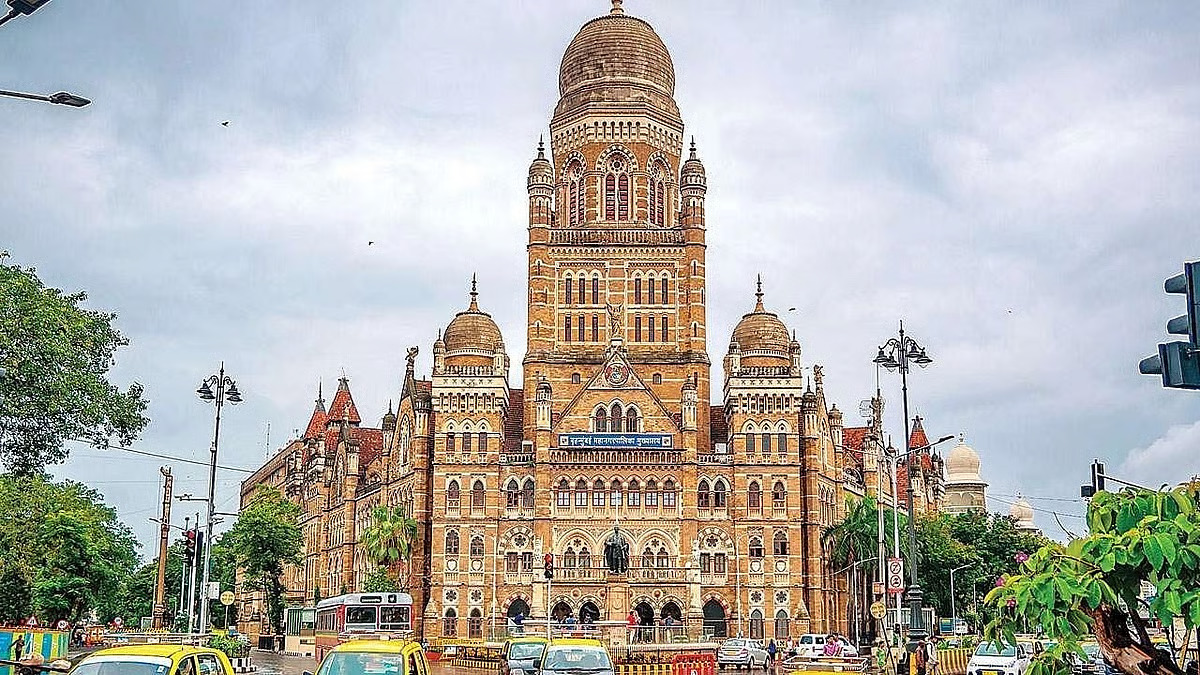Mumbai’s sanitation workforce has temporarily deferred a planned citywide strike opposing the Brihanmumbai Municipal Corporation’s (BMC) proposed waste management tender. The decision follows a meeting between the Municipal Workers Action Committee (MWAC) and top government officials, where assurances were made regarding further discussions on the controversial privatisation plan. The unions have now postponed the strike until July 23, giving space for negotiations to continue.
At the heart of the protest is BMC’s new plan to introduce a service-based tender system, aimed at outsourcing waste collection, transportation, manpower deployment, and vehicle maintenance across all 21 administrative wards. Bids for the contract are expected to open this week, prompting concerns among municipal staff about job security, working conditions, and long-term employment guarantees. On Thursday, sanitation workers held a protest at Azad Maidan, voicing opposition to the new system, which unions argue undermines existing workers and threatens to replace the current hybrid model. At present, BMC employs a mix of in-house and contractor-provided resources. Four wards primarily use municipal vehicles due to proximity to dumping grounds, while others rely heavily on contractor-supplied transport.
The unions, through the MWAC, have raised five core demands: withdrawal of the proposed privatisation model, retention of the current workforce, non-alteration of service conditions, permanent absorption of contract workers, and provision of housing with ownership rights for sanitation workers. Officials confirmed that a meeting between union leaders and the municipal commissioner is expected shortly to review these concerns. Mumbai produces an estimated 7,000 metric tonnes of waste daily, managed by a fleet of over 1,300 vehicles. The new tender model proposes a shift from the hiring-based approach to a full-service outsourcing framework, sparking anxiety about its impact on both the efficiency of waste management and the livelihoods of the existing workforce.
While the BMC maintains that the move will increase operational efficiency and modernise the waste system, worker representatives argue it could sideline thousands of contract and permanent employees who have kept the city clean despite challenging conditions. Union leaders have warned that if their concerns are not resolved by July 23, the sanitation staff will proceed with the strike, potentially impacting waste collection citywide. For now, the deferral signals a temporary pause, but the broader debate over public sector labour protections in the face of privatisation remains unresolved.
The outcome of the upcoming negotiations may set a precedent for how municipal reforms are implemented in Mumbai and other Indian cities striving for efficiency while balancing social equity and worker welfare.
Also Read : Indores Devi Ahilyabai Holkar Airport Sees Flight Disruptions Amid Runway Repairs



